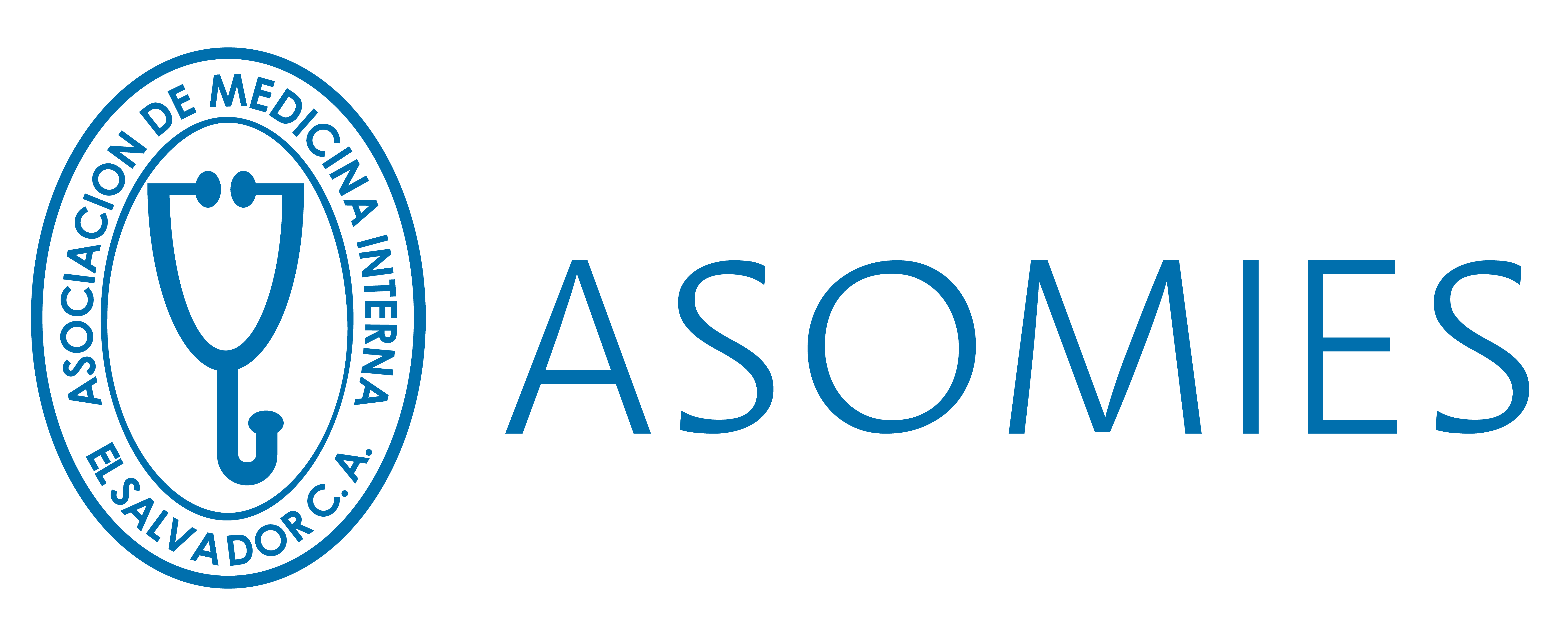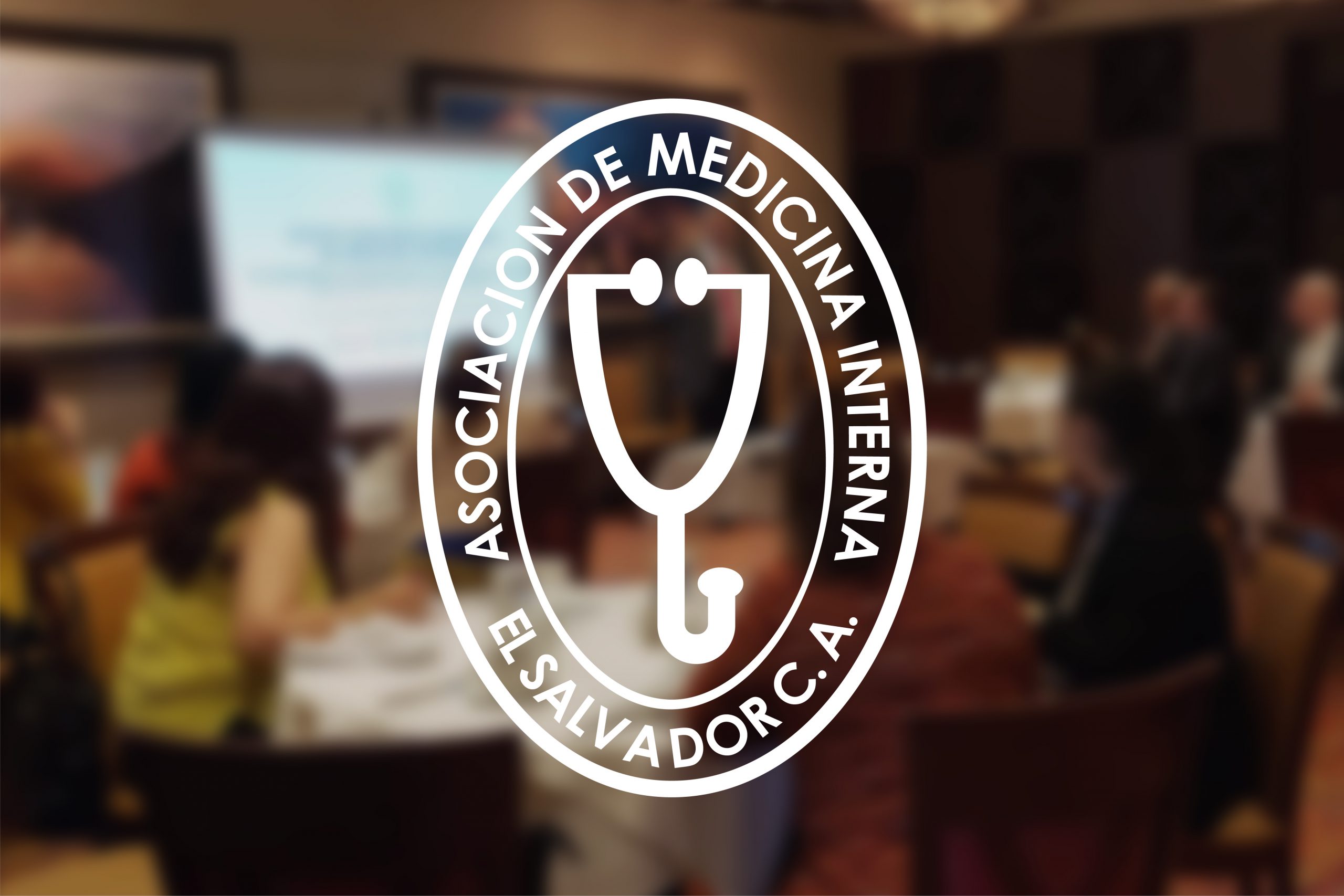Information sourced from NEJM Journal Watch:
Neurologic Signs and Symptoms Associated with Acute HIV Infection
Patients with acute, previously undiagnosed HIV infection often present with neurologic complaints.
To characterize neurological findings in patients with acute HIV infection, researchers reviewed data from a high-risk population in Thailand (the Southeast Asia Research Collaboration with the University of Hawaii [SEARCH] cohort) between 2009 and 2014. Of 236 cases of acute HIV infection identified, 197 were enrolled in the study and 139 (93% men) had complete neurologic data.
After initial assessments, patients were started on a combination antiretroviral therapy regimen (cART) with or without antiretrovirals; 94% initiated therapy within 3 days of diagnosis. HIV-trained physicians conducted structured neurologic interviews and examinations at study entry and at 4 and 12 weeks after cART was started.
A total of 245 neurologic findings were self-reported or identified on examination in 53% of patients within 12 weeks after diagnosis. Of these findings, 49% were present at the initial visit. Cognitive deficits accounted for 33% of the findings and were not correlated with depression. Neuropathy accounted for 11% of findings and affected 17% of patients; with the exception of one case of Guillain-Barré syndrome, all neuropathy was in a distal sensory pattern. Most findings (96%) were mild.
COMMENT
This study reaffirms that acute HIV infection may present as isolated neurologic findings. Patients at risk for HIV infection who present with these symptoms should undergo emergent HIV testing and work-up for central nervous system infection.
Jennifer L. Wiler, MD, MBA, FACEP reviewing Hellmuth J et al. Neurology 2016 Jun 10.
CITATION(S):
Hellmuth J et al. Neurologic signs and symptoms frequently manifest in acute HIV infection. Neurology 2016 Jun 10; [e-pub].
[PubMed® abstract]
NEJM Journal Watch is produced by NEJM Group, a division of the Massachusetts Medical Society. Copyright ©2016 Massachusetts Medical Society. All rights reserved.
The above message comes from NEJM Journal Watch, who is solely responsible for its content.
You have received this email because you requested follow-up information to an Epocrates DocAlert® message. For more information about Epocrates, please click here.
For questions, feedback, or suggestions regarding Epocrates DocAlert® messages, please contact the Medical Information Team at docalert@epocrates.com.


